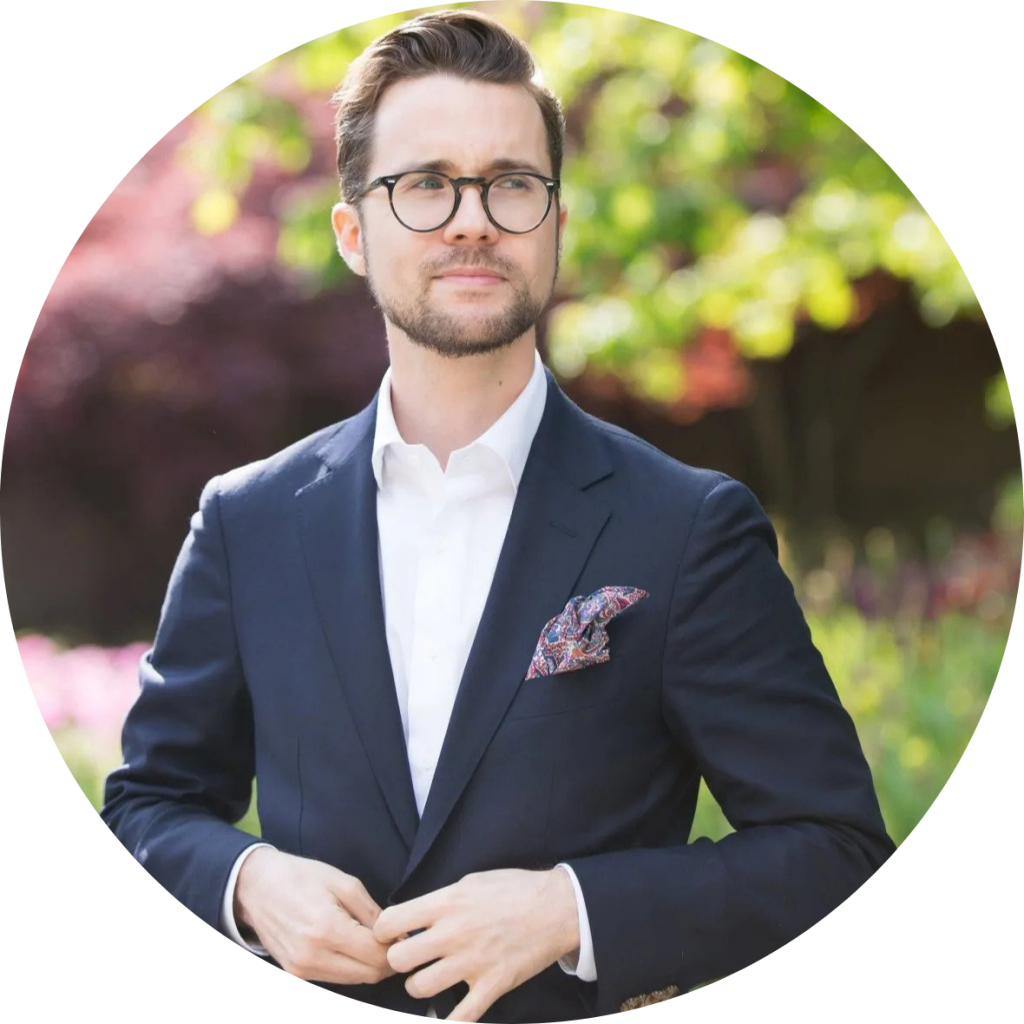
Max Fawcett’s journalism stands out as meticulously researched, sharply analyzed, and always well argued.
Much of that is owed to a diverse education that includes a master’s degree in poli-sci, editing magazines that covered touchy subjects (ie: Alberta Oil), and a brief stint in the Alberta governments’ maligned office for climate change strategy. Much, much more is probably owed to his time in the trenches of opinion writing.
In our polarized world, taking a stance on complicated issues requires some airtight defenses if you want to, well, remain standing.
The “unapologetic centrist” has argued that universal basic income will save the economy; that Boomers ought to be prosecuted for their socioeconomic crimes (figuratively speaking?); that renting a home is better than buying a home; that the oil and gas sector needs to stop denying it’s doomed; that environmentalists need to stop celebrating its doom; and, in probably his most personal column, that there is an upside to being publicly shamed.
His career also comprises in-depth reported features, such as his National Magazine Awards-winning Walrus magazine story, “The Political Downside of Saving the Planet,” but commentary—in print, radio, and TV—is his grind. Moreover, being a freelance opiner without a regular column means Max must argue everything twice—first to editors for the space, then to readers of the Globe and Mail, Maclean’s, CBC, and other venues for spirited discussion.
On Aug. 17, Max will teach us what it takes to get your voice heard without getting hurt (too badly) in the Art of Airtight Opinions. (Tickets are available for C$20 until Monday at 12pm ET. Click here to register.)
We wanted to get a few more opinions of Max before his class, so we asked him about all sorts of things: how to bounce back from a career setback, how to survive a target on your back, and how to balance commentary and reporting without drifting over the lines.
Register for The Art of Airtight Opinions (C$20)What’s advice to journalists wondering how to balance commentary with objective reporting?
I’d advise a bit of caution. It’s a good thing to learn how to express an opinion effectively, but there’s a line out there between “objective journalism” and opinion writing that’s hard to cross back over.
I wish we lived in a world where columnists were rotated as frequently as the tires on a car, because I think that would be better for everyone — the columnists, the readers, and the publications. Good opinion writing is anchored in good reporting, and a keen eye for the relevant or telling detail. The longer someone spends not doing the latter, the harder it is to do the former.
You recently shared a difficult story from your career that involved two book deals getting killed by your publisher, which ultimately led you to become a journalist. Can you tell us how you bounced back from that project, and any wisdom you gained from what must have been a pretty painful experience?
How did I bounce back? A lot of whiskey, to be honest. It wasn’t easy. I had created this image of myself in my twenties as a writer of books, so to be told that I couldn’t do that was a blow. But then, if I hadn’t taken that blow, I wouldn’t have ended up in magazines, which I came to love, or being able to combine my background in politics and journalism, which I enjoy.
There’s no perfect path for your career, and I’d argue that anyone who claims to have traveled one is either lying or lucky. Besides, it’s the detours and ditches where you learn the most — and where you grow as a writer and a person.
Oh, and after that tweet I went and found the old manuscript for that book, just to see if it was what I remembered. And guess what? It was terrible. So it’s hard to fault my publisher for killing a book that deserved to die.
You recently moved to Calgary for your freelance career. Why?
I was born in Vancouver, went to grad school in Ottawa, then moved to Toronto for work, then back to Ottawa, then Vancouver, then Toronto, then Chetwynd (a small town in B.C.), then Vancouver, then Edmonton, then Calgary, then Vancouver, then Edmonton, then Toronto, then Vancouver, and then Calgary.
Whew. I’m not much for horoscopes but there might be something to me being a Sagittarius in that.
It’s the detours and ditches where you learn the most — and where you grow as a writer and a person.
But, as to the latest move, I had someone ask me why, of all places, I chose Calgary. And the answer I gave them was that it’s a place where change is possible, where things are still up for grabs, and where the fights I want to fight the most exist. Toronto and Vancouver are finished products, in my mind — you can exist and thrive there but you won’t actually make a difference. But in places like Edmonton and Calgary I think you still can. At least, that’s what I’m hoping.
Also, affordable housing never hurts.
Have you ever written an opinion piece that got backlash you weren’t expecting? How did you handle that?
In retrospect, I’m not sure how I didn’t see it coming, but when I was the editor of Alberta Oil magazine I wrote a column criticizing an argument that Ezra Levant — yes, that Ezra Levant (editor’s note to non-Canadian students: this Ezra Levant) — had made about the newly elected progressive government and their effect on the energy industry. I didn’t expect him to dig up an old video of me at a student journalism conference, pull out a quote about working with some Jehovah’s Witnesses, and use it to call me a terrible bigot who hated Alberta in a video rebuttal.
That’s what Ezra does, of course — he trades in manufactured outrage. But it was quite the experience getting bombarded with grammatically challenged letters and tweets from his supporters, and having them demand that I be fired.
I wasn’t, of course. And I don’t think I’ve ever done anything that made my father more proud than being in that second video. But it was an experience I won’t soon forget. How did I handle it? It didn’t bother me, to be honest. I knew I was right, I knew he was wrong, and I knew that the amount of noise he was making just proved my point.
Lastly, we always like to ask, which books, movies or TV shows are getting you through the pandemic?
Honestly, it’s been a lot of rewatching classics. A group of friends I’m in was doing weekly Zoom movie nights for a while there, and I discovered a great show called Bosch that filled me with delight. But as far as reading goes, I’m finding that I don’t have the attention span for it right now — and I’m worried that I never will again.
The interview has been edited for clarity and brevity.
Register for The Art of Airtight Opinions (C$20)